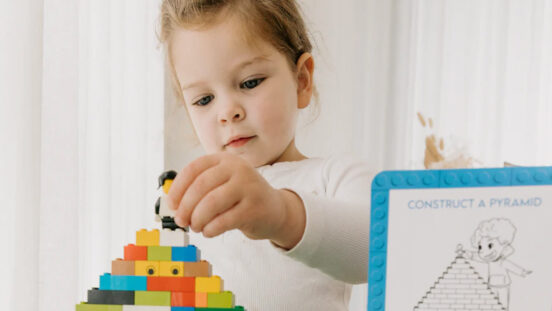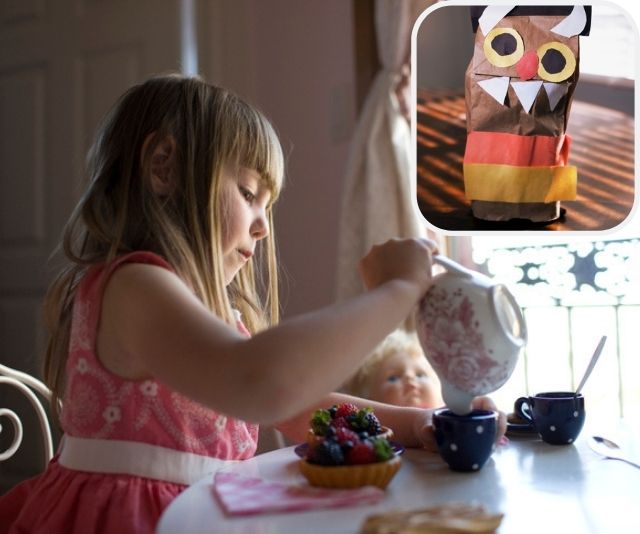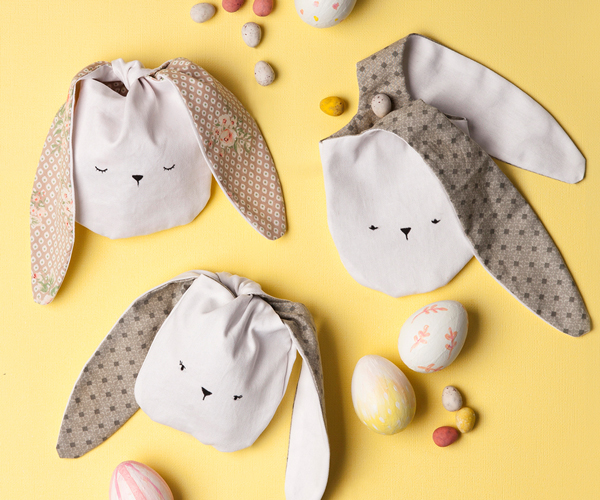Teach your kids the importance of manners while self-isolating
Saying “please” and “thank you” is only the start.
Good manners show courtesy, thoughtfulness and empathy towards others and are something your child will use for life.
This additional family time we are being “gifted” due to the global coronavirus pandemic may just be the perfect opportunity to teach your child one’s of life’s most important lessons: the art of being well mannered.
Here’s your eight step guide to raising a polite child.
1. Make a list
What manners are important in your family? Make a list that includes saying please and thank you, sharing, being respectful and kind. Pop the list on the fridge or somewhere you can read it out as a way of reminding your kids.
2. Start young
Children as young as two can begin learning how to say “please”, “thank you”, “excuse me”, “may I…” and “no, thank you”. While they might not understand the principle meaning of these words, as they become older they will know these words make other people feel good and appreciated for helping you.

Good manners are all about kindness, respect and empathy. (Image: Getty Images)
3. Talk about manners
Before you go to the shops, to school, to a friend’s house, have a chat about good behaviour and remind your child about the manners you expect them to demonstrate.
4. Encourage them
Gently prompt your kids when they forget their manners and praise them when they use them. You could consider introducing a rewards chart for when they remember their manners.
5. Practice what you preach
Your own behaviour counts so be sure to use your manners – always say “please” and “thank you” and treat everyone with kindness and respect.
6. Be hygienic
Teach your kids basic hygiene skills. From washing their hands after they use the toilet and before they eat to covering their mouths when they sneeze or cough. Another no-no is picking their nose.
7. Table etiquette
Mealtime manners are important so be sure to teach your kids to chew with their mouths closed, how to hold their cutlery properly and to use a napkin instead of their sleeve when wiping their mouth.
8. Read a book on manners
There are so many great books for kids which help show the difference between manners and rudeness. Some books to check out include:
- May I Please Have a Cookie? By Jennifer E. Morris
- Dude, That’s Rude! (Get Some Manners) by Pamela Espeland & Elizabeth Verdick
- Excuse Me! by Dave Hughes and Holly Lee
- 365 Manners Kids Should Know by Sheryl Eberly
- Ready to Go! Manners by Alison Brown
- Mind Your Manners by Nicola Edwards.




